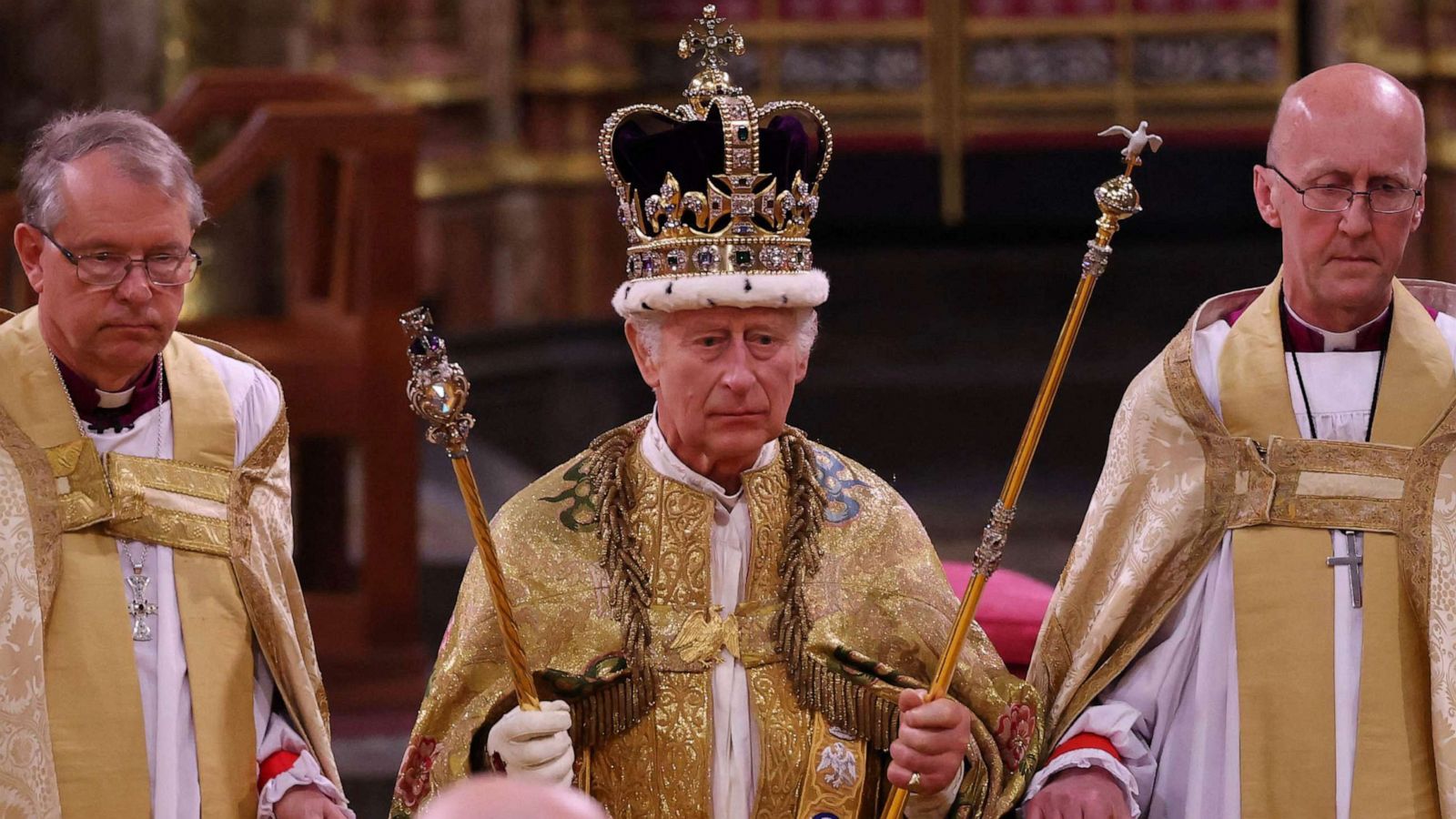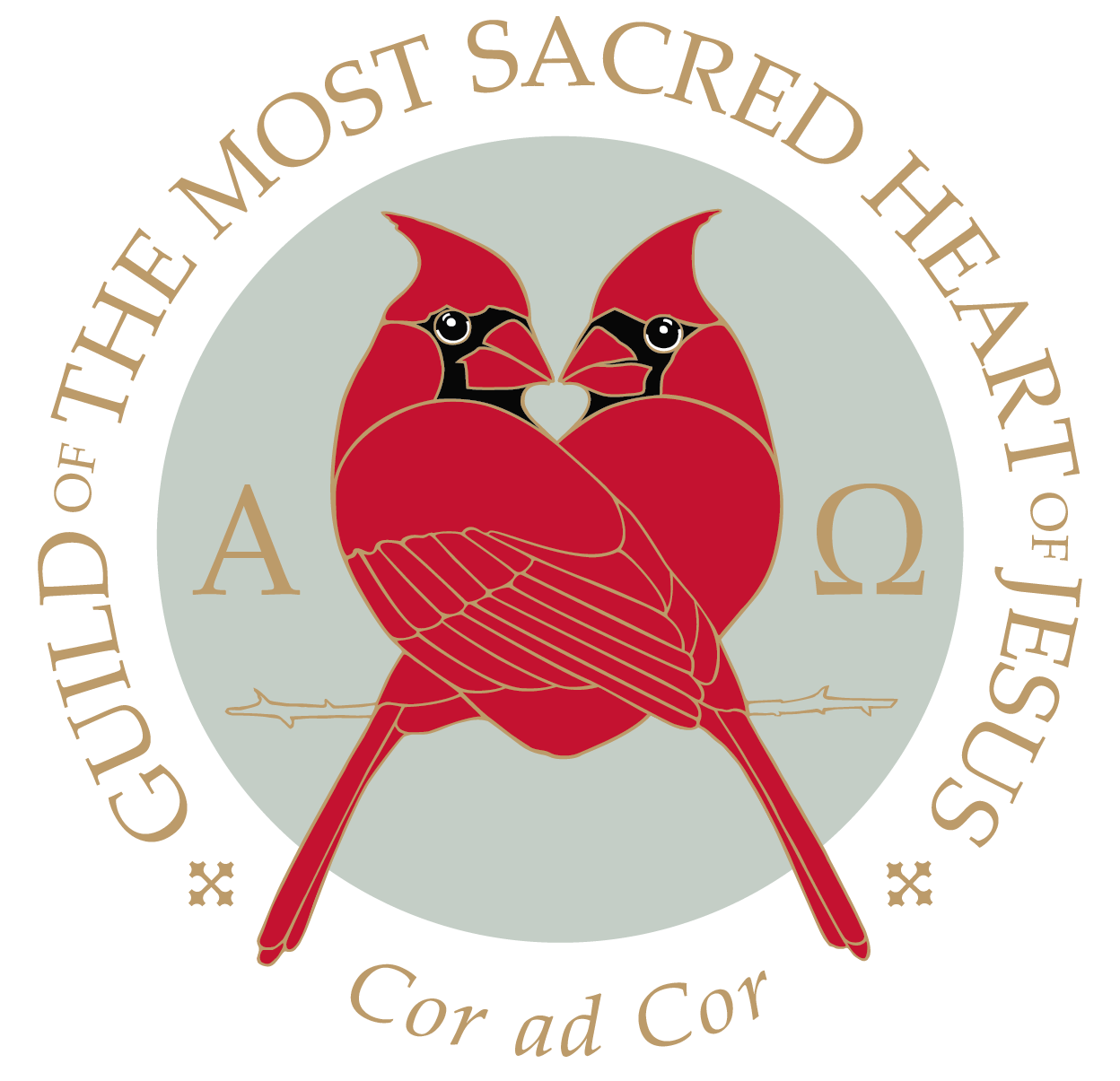
|
Monarchy can be a sensitive issue here in the United States. It evokes unimaginably strong reactions from some quarters, and, to a degree, this is historical: after all, our country exists in part in reaction to the abuse of power of Hanoverian monarchs and their stubborn failure to recognize the most basic human freedoms. But for some Americans, seeing compatriots almost starry-eyed over the pageantry of the Coronation of King Charles III in London is distasteful, indeed almost a betrayal.
But it need not be like that. There is a certain detachment which I believe is helpful when considering any part of our history. We are not bound to repeat the mistakes of the past, and as Catholics, we can see God’s Providence working in such a way that good can come in spite of great tribulation. For example, if George III had ruled in a different way, then perhaps the United States might never have existed, and the Thirteen Colonies would have had a life a little like Greenland (still today part of the Kingdom of Denmark) being a far-flung outpost of an overseas power.
The power of a monarch is not unlimited. Indeed, the Coronation Rite in England has always had two distinct components: recognition of the Sovereign as king, and his consecration to God in view of that recognition. A king cannot reign unless he is recognized by his subjects – and he reigns by consent, not by force. Much of the pomp and circumstance surrounding the monarchy is precisely to showcase, in ritual action, that he cannot rule alone – indeed, he cannot really do anything alone. He rules at the pleasure of Parliament and with the consent of the Barons.
Folk that rage at the very idea of monarchy should do well to consider the fact that earthly kings and queens are modeled after Our Lord’s own rule. Their consecration is to a share of His authority, for a time. His kingship is not symbolic at all, nor is it just an aspiration. It is eternal. He is our undoubted king – and we must recognize His sovereignty over us, which unlike an earthly ruler, does not require our consent at all: it is He who has made us and not we ourselves (Ps. 100:3)
He taught us to pray every day adveniat regnum tuum – ‘may your kingdom come’ – but do you really mean it? Do you want a king? If not – why not? Just as we need never be afraid of Christ’s judgment, because it is perfect, so, too, we need not fear His reign as king, because His rule is for our benefit. Whilst we may not desire to be under an earthly ruler, it is important not to make a caricature of monarchy – because all of us fundamentally have a choice whether or not to be subjects of Christ’s Crown of Thorns.
PRAY
